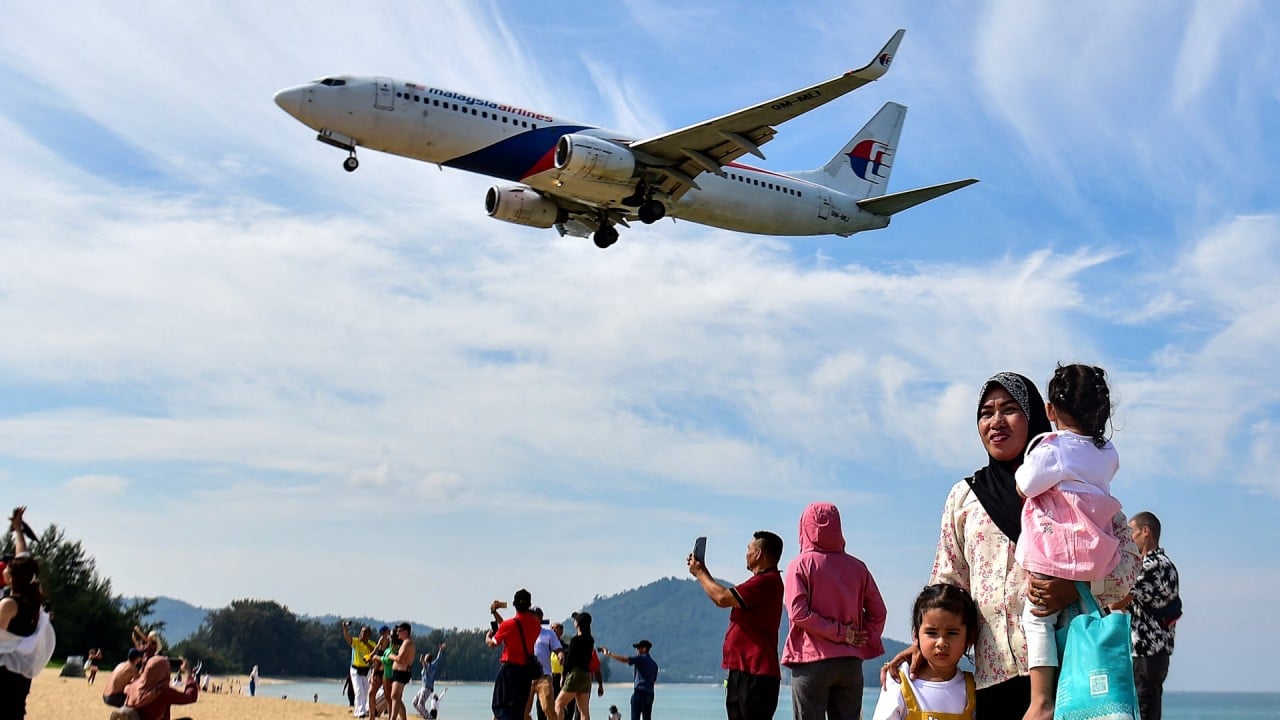
China’s ‘two sessions’ 2024: security sector advised to curb overuse of facial recognition in tourism
- Country’s top political advisory body told that excessive use of security systems is hurting hospitality sector
- There are no laws, regulations or formal rules mandating the use of such cybersecurity in hotels, expert says
Most of China’s tourist accommodation providers now use facial recognition systems, according to China Tourism Academy president Dai Bin, who is also a member of the Chinese People’s Political Consultative Conference (CPPCC).
In addition to providing identification documents at check-in, authorities now require tourists in China to submit to facial recognition scans during registration.
“There are no specific laws, administrative regulations, or formal written departmental rules that mandate the installation of facial recognition devices in hotels,” Dai said in a proposal to the CPPCC on Monday.
China cybersecurity firms tap Hong Kong market amid rising demand for talent
He said public security departments nationwide should scrap their requirements for tourists to undergo facial recognition check-ins at hotels and stop using the software and hardware devices.
“Local legislation, government regulations, and departmental rules must not exceed the scope defined by the law. No local authority or department can introduce restrictions on citizens’ rights to travel, tourism, and consumption without proper legal basis and formal authorisation,” Dai said in his proposal.
Draft rules issued in August were intended to tighten the rules on the use of the technology, amid growing public concerns about its excessive use.
Facial recognition technology should only be used for processing identity information “where there is a specific purpose and clear necessity, and strict protective measures are implemented”, according to rules drafted by the Cyberspace Administration of China, the country’s cyberspace regulator.
Aside from hotels and banks, the rules were also intended to block the abuse of facial recognition technology in public spaces like transport facilities, sports venues, museums and libraries.
Dai said the use of facial recognition at hotels was based on the principle of “informed consent”.
“The public security department informs the hostels, hotels and bed and breakfasts, and they, in turn, agree to implement it. Therefore, it is being done.”
China to bring down payment barriers for foreigners to revive tourism
Dai called for an investigation by the Ministry of Public Security into security agency requirements that hospitality operators must buy, install and use facial recognition terminals, as well as a probe into how the data is used.
Dai said facial recognition terminals could cost tens of thousands of yuan, with some manufacturers also charging an annual system maintenance fee.
Facial recognition terminals have become common at busy tourist sites, including resorts, theme parks, museums, libraries, airports and train stations.
Chinese-built surveillance systems are spreading across junta-ruled Myanmar
The financial sector accounted for 16 per cent of facial recognition usage, with entertainment accounting for 10 per cent and transport 3 per cent, the report said.


